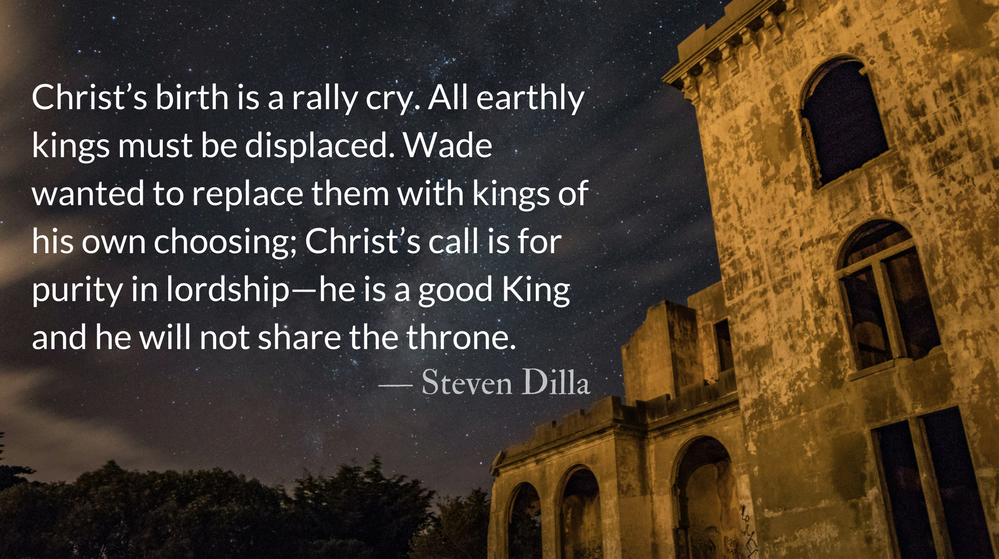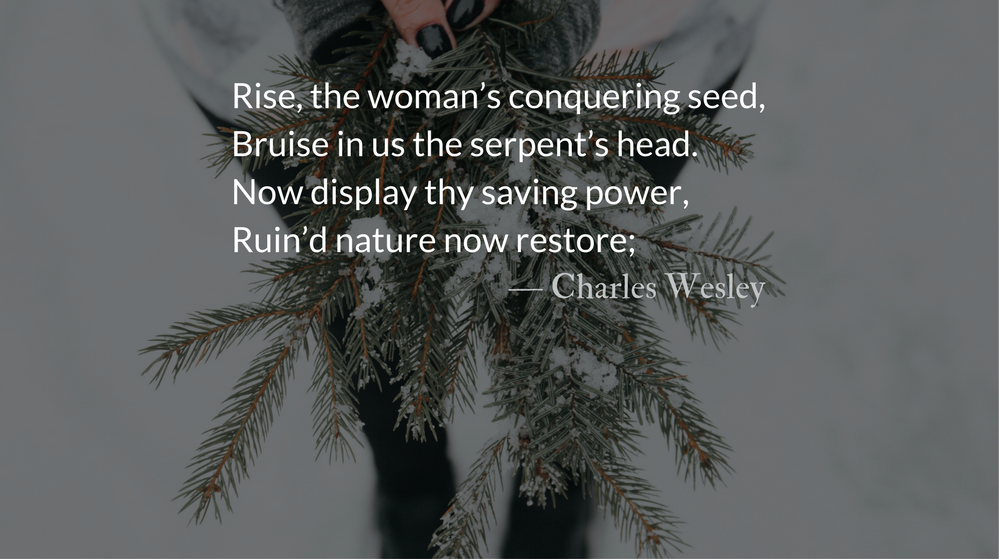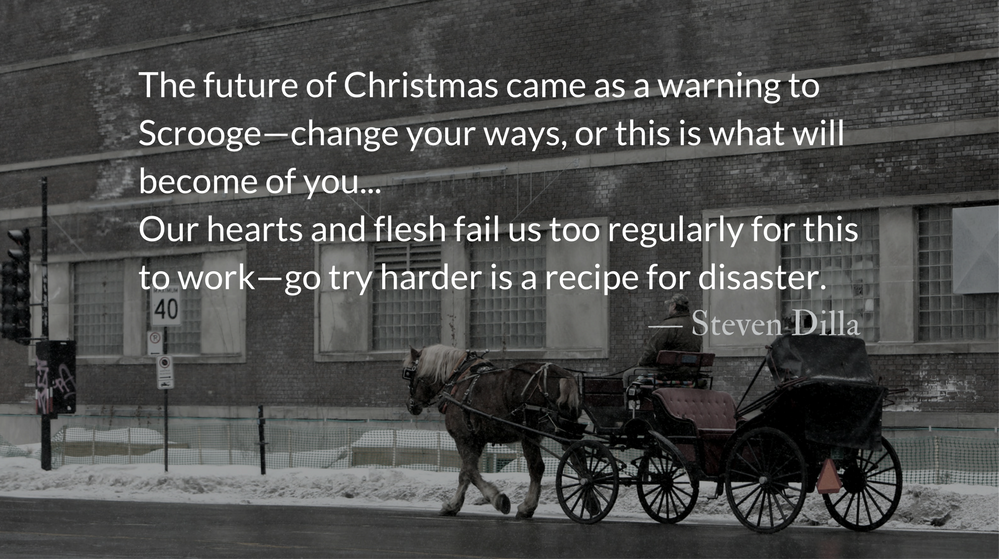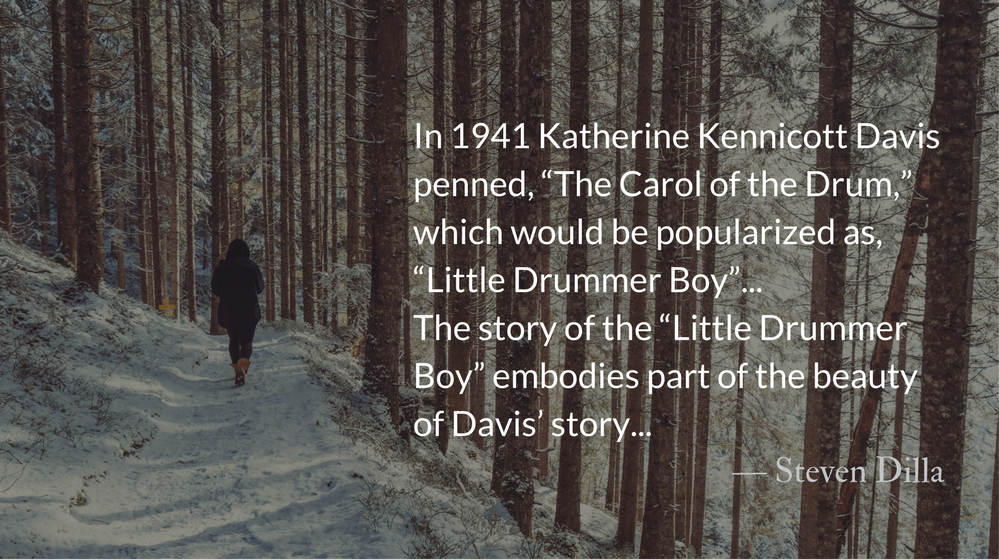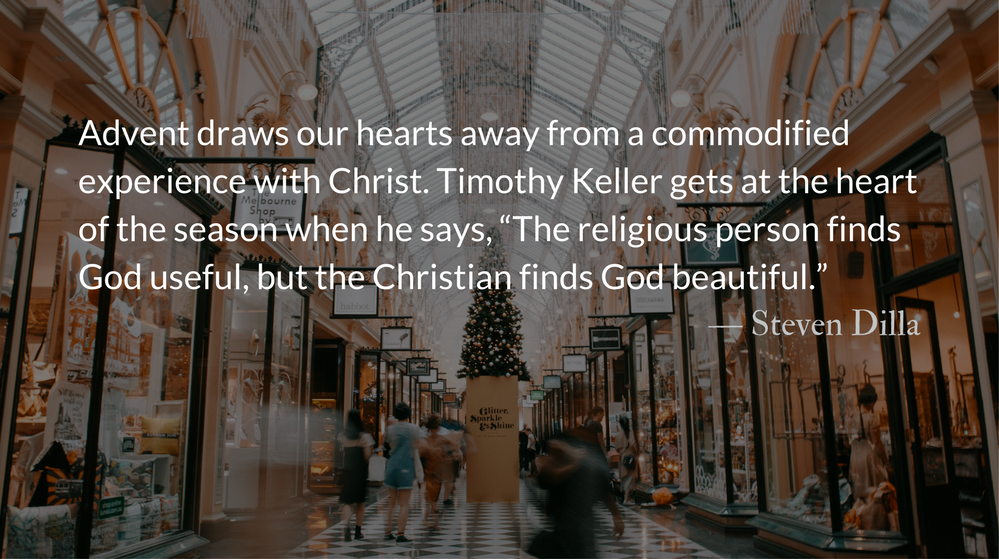John Francis Wade was a published hymnist and a rebel who died in exile—though little else is known about his life. The song he is now best known for, “O Come, All Ye Faithful,” was originally believed to be an anonymous Latin hymn. Recently discovered fragments of Wade’s journal revealed the four original stanzas, penned in 1744, and the centrality that faith played in his life.
Not long after he completed the hymn, Wade filled the margins of the page with calls for the Jacobites to rally against England’s King. It’s unclear how entwined the lyrics of “O Come, All Ye Faithful” were with the Jacobites larger mission—the then century-old commitment to restore the lineage of James II—although it is clear that the hymn is a rallying cry at its heart.
History did not favor the rebels. The Jacobite Rising of 1745 was decisively defeated by the British in less than a year. The uprising’s leader had a price placed on his head and fled to France with what was left of his men.
“Oh Come, All Ye Faithful” was originally written in French and published in England in 1751, between the Jacobite exile and Wade’s death in Douai, France. The hymn fell into relative obscurity until it was translated into English by Frederick Oakeley in 1841.
Nearly a century after Wade first marveled at the Christ, the song would be adopted by the Church, with new verses added and translations made into over 100 languages.
John Francis Wade also left a reminder that Christ’s birth is a rally cry. All earthly kings must be displaced. Wade wanted to replace them with kings of his own choosing; Christ’s call is for purity in lordship—he is a good King and he will not share the throne.
Through Wade’s words, we are also reminded of the power of awe. It is rare, even more in our world than his, to stop and marvel. But what we find in meditations strengthens our souls, readies our hearts for action, and roots our lives in the true faithful one.
Listen: O Come, All Ye Faithful by The Baylor University A Cappella Choir (2:59 – lyrics below)
The Refrain
I will exalt you, O God my King, and bless your name forever and ever. — Psalm 145.1
– From Christmastide: Prayers for Advent Through Epiphany from The Divine Hours by Phyllis Tickle.
Full prayer available online and in print.
Today’s Reading
2 Chronicles 14-15 (Listen – 5:42)
Revelation 4 (Listen – 2:09)


